In 1970, Metcar began developing carbon/graphite materials and since then has developed hundreds of material grades suitable for use in industries ranging from aerospace to industrial.
The carbon/graphite grades that have been developed have solved challenging lubrication problems where conventional grease and oil cannot perform and have proven to outperform other commonly used mechanical materials like PEEK, Teflon, and oilite in extreme environments. Carbon/graphite’s self-lubricating properties, chemical resistance, and high temperature resistance are some of the reasons that engineers choose to use carbon/graphite in their applications.
Opting to use carbon/graphite mechanical seals and bearings can have numerous benefits. In addition to being self-lubricating, Metcar’s material grades can have a combination of two or more of the properties tabulated below which combine to create a material grade that will help decrease down time due to bearing or seal failure.
1. High Temperature
Carbon/graphite can withstand extremely high temperatures. Metcar’s material is suitable for use within the following temperature ranges:
- 350 – 1100 ⁰F in oxidizing environments
- 6000 ⁰F in non-oxidizing environments
2. Low Temperature
Carbon/graphite can withstand cryogenic temperatures without failing. Metcar’s material is able to withstand -30 ⁰F to -450 ⁰F. At these temperatures, traditional lubricants and greases can congeal and solidify.
3. Dry Environment
No additional lubrication is needed for carbon/graphite parts in dry applications due to its self-lubricating properties. Graphene layers of graphite rub off during use to essentially have graphite running against itself. As a result, Metcar’s material will not seize or gall in these dry environments.
4. Wet Environment
Carbon/graphite parts are self-lubricating and do not require additional lubrication in submerged applications where oil and grease lubricants would be washed away. Furthermore, Metcar’s parts will not swell as a result of the wet environment.
5. Self-Lubrication
Metcar’s material requires no oil or grease in any environment. Graphite’s structure contains layers of carbon atoms (graphene) that are easily wiped off against a countersurface to provide lubrication.
This is beneficial for high or low temperatures where oil and greases will not suffice. Eliminating the need for oil and grease also eliminates down time due to maintenance requirements related to oiling.
6. Dimensionally Stable
Metcar’s materials have an exceptionally low coefficient of thermal expansion; meaning that the size and shape of the part does not drastically change with a change in temperature. As a result, the material is able to withstand extreme temperatures (high and low) without deforming.
7. Corrosion Resistant
Carbon graphite is chemically inert. As a result, many of Metcar’s materials are able to perform well in corrosive environments where metal would corrode.
8. Oxidation Resistant
Oxidation is a common problem faced when carbon comes in contact with oxygen. Metcar’s materials work to delay the onset of oxidation by protecting the surface carbon atoms with a salt impregnation.
This allows to extend service life of Metcar’s materials in demanding conditions by increasing temperature resistance.
- 350 – 1100 ⁰F in oxidizing environments
- 6000 ⁰F in non-oxidizing environments
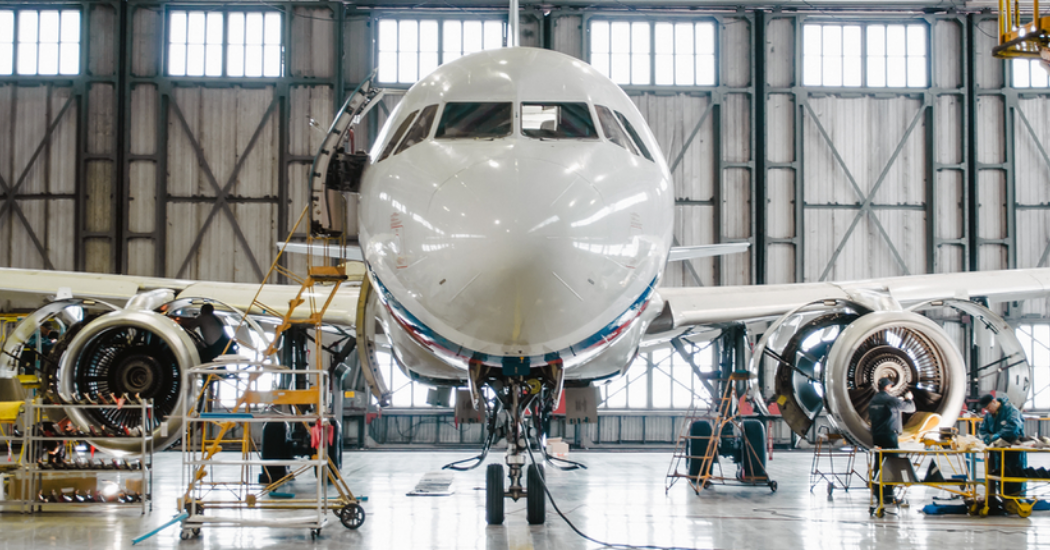
9. Wear Resistant
Carbon graphite’s self-lubricating properties coupled with improved thermal properties (low coefficient of friction and high thermal conductivity) results in better performance without excessive wear.
10. Low Coefficient of Friction
Coefficient of friction (COF) is related to heat generation. As objects slide against each other, the kinetic energy is converted to thermal energy. Metcar’s materials have a low COF when running against a counterface. As a result, less heat is generated during use.
11. High Thermal Conductivity
Thermal conductivity is a measure of a material’s ability to conduct heat. Heat transfer occurs at a slower rate for materials with a low thermal conductivity. Metcar’s materials have a high thermal conductivity which allows heat that is generated due to friction to be transferred away from the contact point.
12. Food Safe
There are a variety of impregnations that have been declared as GRAS (Generally Recognized As Safe) by the FDA for use in sanitary or clean conditions such as the food, pharmaceutical, textile, paper, canning, and packaging industries.
Metcar also has material grades with the following approvals:
- NSF-51
- USP Class VI
- WRAS
13. Electrically Conductive
Metcar’s materials have excellent electrical conductivity; they eliminate static and will not spark. In addition, Metcar’s silver impregnated material grades have very low electrical noise, disturbances in an electrical signal, allowing the material to transmit signals clearly.
14. Run In Low Viscosity Fluids
Because low viscosity fluids are extremely thin, they can easily enter any available porosity of the material and create a blister on the material if the vaporize and expand within the porosity. Metcar’s material eliminates this possibility by offering material grades with zero available porosity.
In addition, Metcar’s materials are not atomically attracted to metals. Therefore, the thin hydrodynamic film that forms with low viscosity fluids is able to provide sufficient lubricating properties without risk of seizing or galling.
15. Run In Dry (Low Dew Point) Environments
Carbon graphite needs moisture to activate its self-lubricating properties. In applications with low dew point, Metcar offers carbon graphite grades with Molybdenum Disulfide which provides additional self-lubricating properties.
The properties of each particular material grade can vary. To find the material grade that is most suitable for your application, contact the Application Engineering Department at Metcar today.
Consider using carbon/graphite in your next pump application and contact an engineer at Metcar for assistance today.
Read more about the benefits of Metcar’s materials.

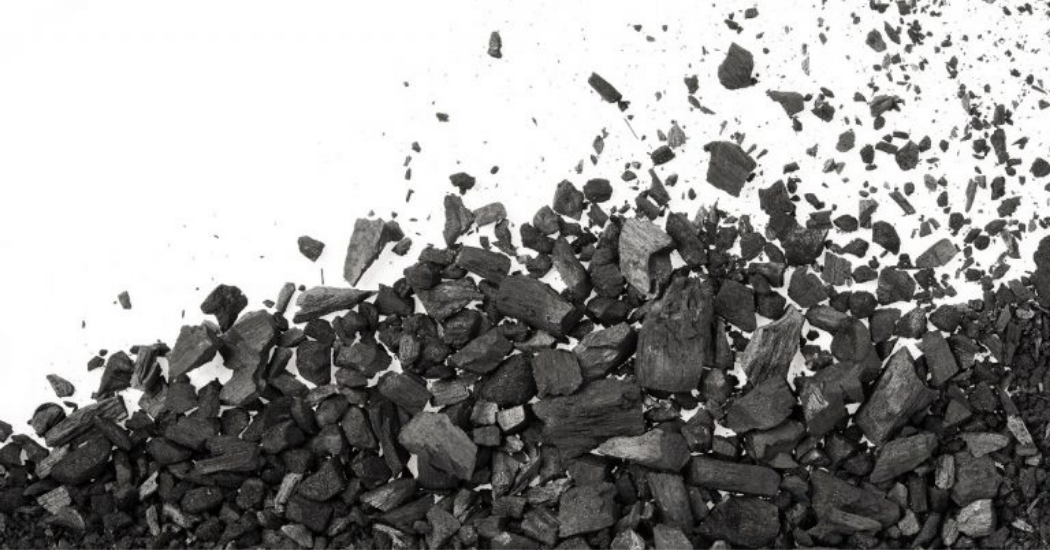
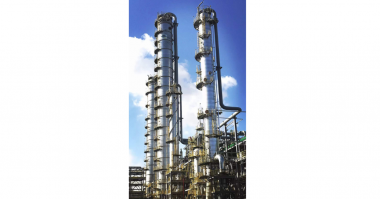
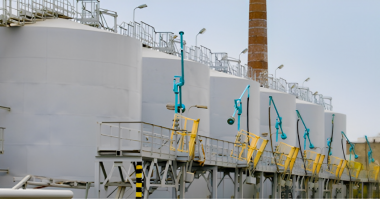
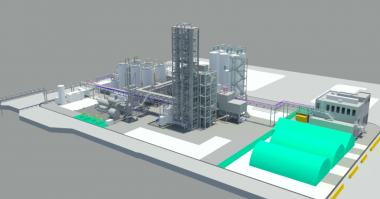
Comments